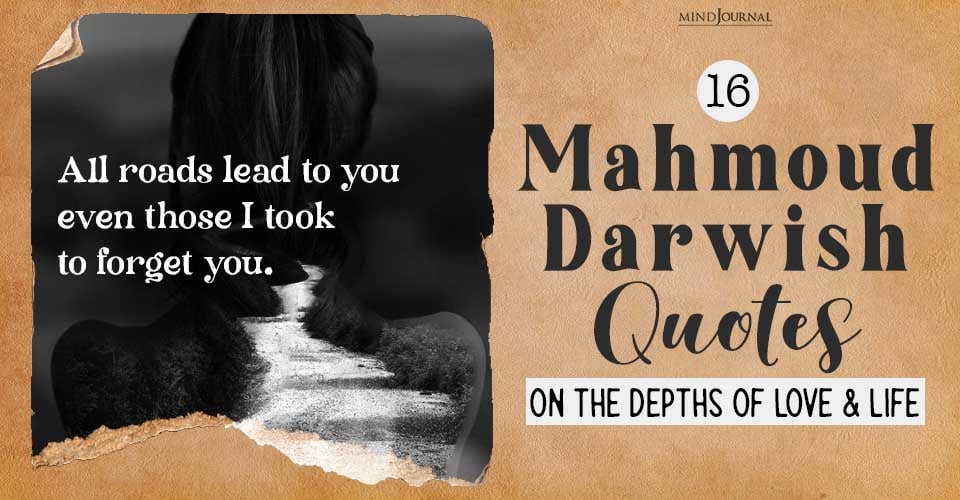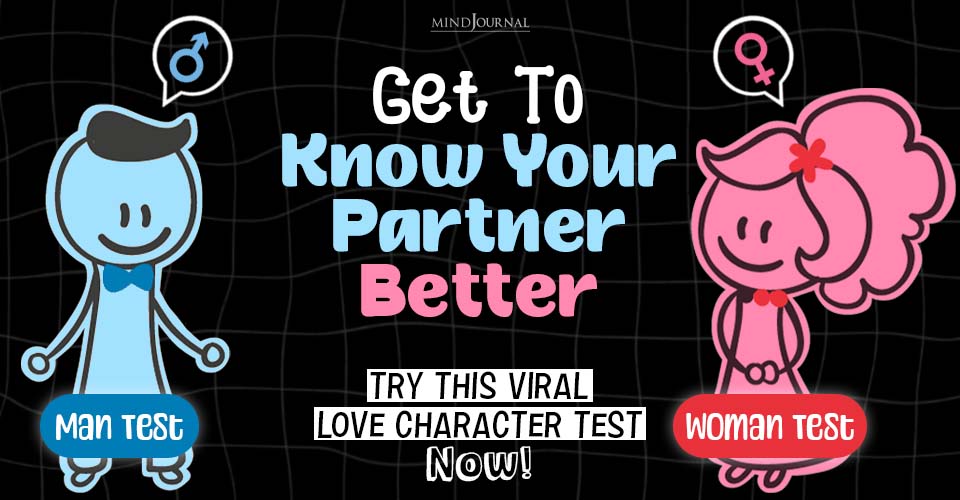As we all know, the divorce rate in Western cultures shows that many people who make a lifelong commitment end that relationship long before “until death do us part.” The breakdown in relationships can be caused, in part, by one person’s less-than-helpful views of what it means to be a person.
If your potential partner sees you as someone who is there primarily for their happiness, then there could be a serious problem—one of too much self-interest or even narcissism. It might be a good idea, then, for you to have a conversation with this potential partner well before the commitment of marriage to ascertain the person’s overall, deeply held views of what it means to be a person.
The seven questions here might be a good starting point.
Related: 21 Questions You Must Ask Before You Tie The Knot
7 Questions To Ask Your Potential Partner
1. Is Love More About Pleasure Or Self-Sacrifice?
Self-sacrifice is a neglected term for many people. Essentially, it’s about what the ancient Greeks called agape love, described in more detail by C.S. Lewis in his book, The Four Loves. The medieval philosophers ofter referred to this kind of love as charity. It puts the other before the self.
This can and does lead to the one practicing agape to serve the other, out of love, even when it is hard. If someone only seeks their pleasure from you, over time, that can be draining—and if you do not provide the pleasure, then what are the consequences?
You might want to start the conversation. If the idea of self-sacrifice seems foreign to the person, that could be a warning sign.
2. Is Marriage Something That Can Be Temporary, Or Is It Permanent?
If the person says that marriage is permanent, it may be good to ask why this is. Is it merely a contract between the two of you, or is it deeper than that? What does a vow of marriage actually mean?
Contracts, even when entered into with great sincerity, can be broken. Is there a deeper meaning to marriage than “the marriage contract,” and if so, what does this potential partner mean by this?

3. What Patterns Of Conflict Did You Learn From Your Parents?
Does the person have insights into his or her own weaknesses, learned from the family of origin? All marriage partners bring in both strengths and weaknesses. The weaknesses, if they are unexplored, may enter and become a reproduced pattern now with you.
It may be good, then, to have that conversation to see the weaknesses that might be passed down from a mother or father or both. Did the mother and father see their marriage as merely a contract—one that could be broken? How did they handle conflicts? Was there a sense of serving each other or more of a pattern of pleasure-seeking?
You doing the same self-examination concerning your own family of origin is equally important. What was learned back then could become a reality for both of you in the future.
Related: 5 Deep Questions To Ask To Know About A Person’s True Self
4. What Does It Mean To Forgive?
What are some ideas that are not forgiveness but that are confused with it? Forgiving is a large part of a healthy marriage because all people are imperfect. You will end up at times being disappointed with the other’s behavior, as the other will be with some of your behavior.
How will you navigate out of the resentment that might be there? Is forgiveness something important to the other and to you? Is forgiveness simply “letting a conflict go,” or is there much more to it than that?
The theme of agape love, discussed above, is actually part of deep forgiving, as the forgiver bears the pain of what happened out of love for the other. Forgiving does not mean an abandonment of the quest for justice, but what one asks for justice may be more gentle when done with a forgiving heart.
5. What Part Does Courage Play In A Relationship?
Courage works with forgiving, with love, and with striving to aid the other. Courage is not the absence of fear, but instead, the going ahead when you know it is important to do so, despite the discomfort involved. Courage will aid your partner in committing to your relationship during the hard times. Try to see the extent to which the person (and you) value the moral virtue of courage.
6. What Is Perseverance, And Do You Have Difficulty Persevering When The Going Gets Challenging?
How has your potential partner shown perseverance in life? Has the person shown the endurance needed, say, in a job, or with family or friends? What has broken down for the person and why? Is it always someone else’s fault if perseverance has failed?
If you see a pattern of a lack of perseverance, this could be a signal that a marriage may end up the same way. This is why you need to discern the person’s will and ability to endure when it is important to do so.
Related: 8 Important Conversations Before Marriage
7. Who Am I To You?
Does your potential partner see—really see—your absolute, built-in worth as a person? Does your potential partner see that you are far more than your behaviors? Does the person see that you are special, unique, and irreplaceable regardless of your imperfections and mistakes?
“Who am I to you?” needs to go beyond the person’s feelings for you. Does the person have the will—the strong will—to endure with you, even if the feelings at times include anger, frustration, or even boredom? A conversation about who you are to the other might open your eyes to that person’s basic underlying philosophy of personhood.
You either will be a positive recipient of that philosophy or a victim of it. It will be good to know that philosophy, and in some depth, before you say, “I do.”
It is important that you do not see these kinds of discussions as some sort of final exam, but instead as an opportunity to better know your potential partner. Perhaps the questions, answered honestly by both of you, are a way to deepen your knowledge of one another—thus, they can become a new avenue to deepen true love between you.
Written By Robert Enright
Originally Appeared On Psychology Today










Leave a Reply